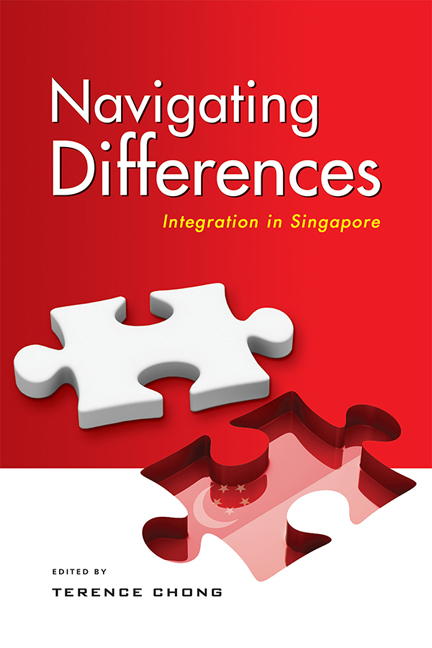2 - Managing Religious Diversity and Multiculturalism in Singapore
Published online by Cambridge University Press: 24 November 2020
Summary
According to the Pew Research Centre, Singapore is the most religiously diverse country in the world on grounds that its population claims to be followers of at least eight religions including Christianity, Islam, Buddhism, Taoism, Hinduism, Sikhism, and several Chinese “folk religions”. In 2012, Forbes ranked Singapore the third richest country in the world. In 2015, ValuePenguin, a prominent New York consultancy firm, ranked Singapore the second safest country in the world. Taken together, these figures suggest that in an age where religious tension and conflict is said to be on the rise, Singapore has managed to maintain multiethnic and multireligious harmony whilst achieving a level of development which has been the envy of many a developing country. This record is all the more remarkable when one considers the trying circumstances of Singapore's independence in 1965, or the number of intrastate conflicts that had afflicted so-called Third World countries during the Cold War, many of which were triggered by issues related to the assertion of differences between communal identities. In fact, many countries continue to be bedevilled by communal and sectarian conflicts today.
The peace and stability that Singapore has enjoyed however, has not been the result of chance, serendipity, or circumstance. To the contrary, it has for a large part been the consequence of carefully calibrated policies on the part of the state, with the endorsement of the leadership of respective religious and ethnic communities in the multicultural nation-state. That the state has had to proactively intervene in order to head off the risks of tension, discord, and conflict between religious and ethnic groups has been explained by Home Minister K. Shanmugam in the following manner:
The Government has an important role. It has to be vigilant. There are tough laws to prevent race and religion being used to create divisions … We will do our best to keep Singapore safe, and ensure equality of opportunities, fairness and a fair stake for all in Singapore. We will also ensure everyone has the freedom to practise his or her religion.
The government's stance as articulated by the minister corresponds with a general view amongst the population that accords to the state a major role in building and managing peaceful coexistence of different faiths.
Information
- Type
- Chapter
- Information
- Navigating DifferencesIntegration in Singapore, pp. 19 - 35Publisher: ISEAS–Yusof Ishak InstitutePrint publication year: 2020
